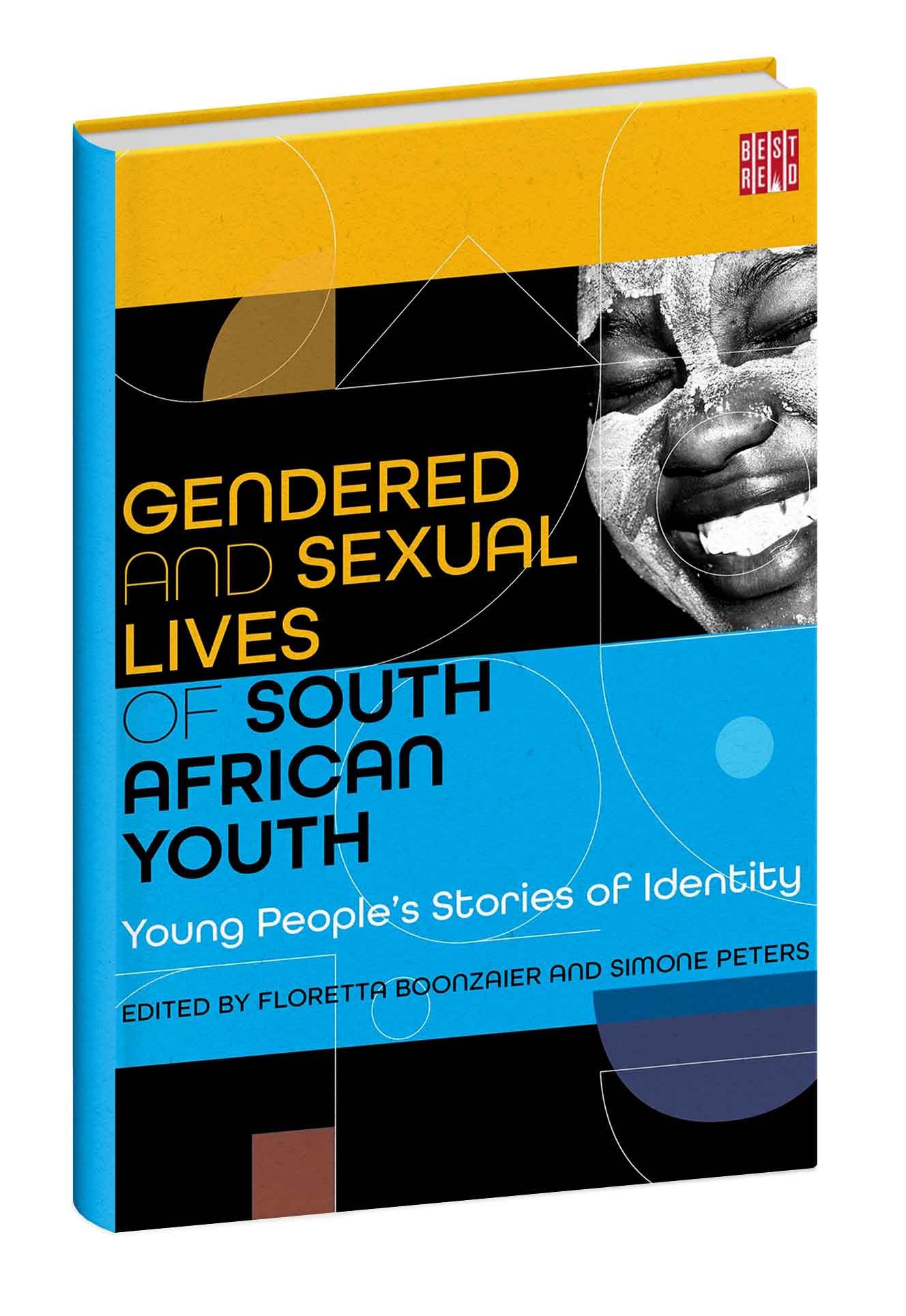In January, the HSRC’s Zimingonaphakade Sigenu interviewed past learners of public high schools in Engcobo, a small rural town in the Eastern Cape. The fieldwork, which was part of The Imprint of Education study, highlighted concerns about the poor quality of career counselling in rural schools. Sigenu argues that insufficient exposure to relevant career guidance puts students at risk of making ill-informed educational and career choices. Without an adequate awareness of their abilities, current opportunities, and the structural challenges to employment or livelihoods, the challenges of transitioning to post-school education and the world of work become insurmountable.

Statistics about learner throughput and performance in international tests suggest public basic education in South Africa is in a dire state. Schools in rural towns and villages are often the worst affected. Recent HSRC fieldwork in Engcobo, a small rural town in the Eastern Cape, highlighted a less studied problem in basic education: the lack or poor quality of career guidance in public schools.
Career guidance is part of the Life Orientation (LO) subject area as stipulated by the National Curriculum Policy Statement (CAPS). It helps learners reflect on their strengths, weaknesses, interests, ambitions, and abilities to better understand which forms of post-school training and professions they are best suited for.
Research shows that many young people from historically disadvantaged areas such as small towns and villages lack access to trained career guidance counsellors or other means to seek career guidance privately
Photo: Britain Eriksen, UnSplash
In addition, career guidance in LO is limited in its effectiveness because educators lack adequate training and capacity to teach the subject optimally and holistically. This is unfortunate because research indicates that the lack of career guidance for underprivileged groups and in secondary schools can infringe on skills development, complicate or lengthen the transition to post-school education and training, and limit livelihood prospects.
“I feel stuck”
Interviews revealed limited self-awareness among young people. Participants expressed that this has affected their choices of school subjects and post-school study options. Borrowing from Margie Eckroth-Bucher, self-awareness is conceptualised as a process of understanding one’s identity, thoughts, motivations and behaviour, as well as examining one’s beliefs, interests, strengths and limitations. Being self-aware is important for effective learning, educationally and experientially, and for decision-making.
One young woman revealed how both a lack of knowledge and having no-one to help align her abilities, passions and aspirations had contributed to her inability to decide upon her next steps after passing matric:
“Regarding studying further, I don’t know what I would study…I don’t know what I am passionate about; I don’t think I have any talents. I actually cannot remember anyone asking me about my talents or what I am passionate about…even in school. I don’t remember thinking about things I am interested in that can help me decide how I want my future to look. All I know is that I can do household chores and I want to be rich, but that is not a good combination … I feel stuck.”
This is not an isolated case in a rural town like Engcobo. Several young people expressed their experiences of confusion and frustration when it came to making post-schooling decisions due to a lack of knowledge about themselves and what studies or careers they would like to pursue.
“I do not think I was ready”
Young people may enrol in post-school education or choose careers based on perceived social and economic benefits without a realistic understanding of their aptitudes and interests. They can find themselves on ill-suited career paths due to the perception that difficult subjects, such as the natural sciences, will increase their chances of getting into university. This was the case for one young man interviewed in Engcobo:

Photo: Oladimeji Ajegbile, Pexels
“I passed my matric with average marks and low maths and physics scores. Because I had passed, I was encouraged to study further. I applied and was accepted for electrical engineering at a TVET college in Cape Town. I had a very hard time during the first year. I failed each and every module. This made me very sad, heartbroken. I felt dumb for a long time. I also had the fear that I would amount to nothing in life. It’s only been a short while since I experienced that, and I see that I should have been more realistic about my next steps after Grade 12 because I do not think I was ready for tertiary studies.”
After three years and some reflection, he enrolled at his former school to redo Grade 12. The time, monetary and psychosocial costs could have been prevented if career guidance had been provided earlier.
Finding solutions
Providing impactful career guidance in Engcobo schools requires a multi-stakeholder approach. The local government, in collaboration with NGOs, needs to implement specialised training for LO educators to enable them to provide guidance, counselling, and specialised learner support. Schools need to recruit specialist teaching staff able to deal with the career guidance issues of a country with high levels of youth and general unemployment. These teachers must be continuously supported and monitored to ensure good outcomes for learners. In the long run, the Department of Basic Education needs to place dedicated vocational counsellors at all public schools.
The model used by the Leap Science and Maths Schools in their Future Leaders Program is a good example of the type of training framework needed for LO educators. It is a multi-dimensional training programme for educators that provides experiential training, mentoring and professional development, particularly for LO educators, so that teaching can respond to contextual conditions.
Engcobo, as an under-resourced community, also offers opportunities for NGOs that want to drive change in the area of youth livelihoods. Many young people are economically inactive, and others are in low-wage employment. There is a need for engagement, public dialogue and mentorship to support young people to develop self-awareness and a thorough understanding of post-school education and training opportunities. These initiatives should also help young people to better understand the world of work and develop skills and pathways that can improve their collective social mobility.
The Refracted Economies Taxonomy framework, created by the HSRC’s Prof Sharlene Swartz and Dr Krish Chetty, could be used to benefit individuals who are economically inactive or in low-wage employment. The framework lists all forms of work along a spectrum, illustrating the multiple ways that livelihoods might emerge, the ways in which occupations can overlap, and the ways an individual’s career can progress from one level to the next with specific skills development, work experience and education. The dissemination of this model could help young people map pathways towards existing opportunities and develop skills that can support professional progression.
Researcher contact: Zimingonaphakade Sigenu, a Young African Research Fellow in the HSRC’s Equitable Education and Economies division
zsigenu@hsrc.ac.za


